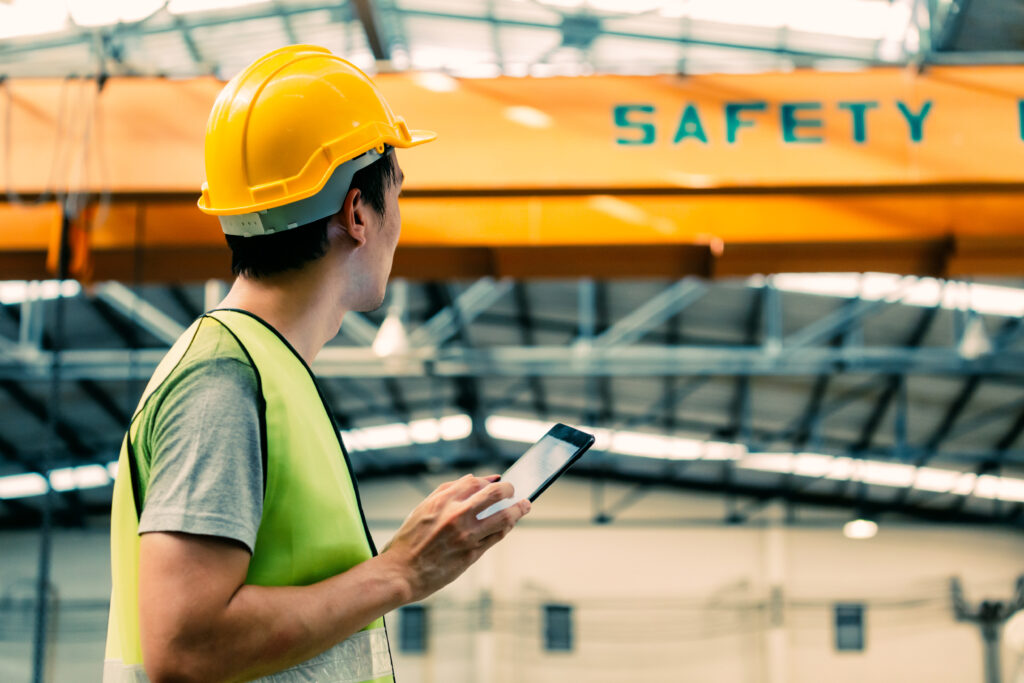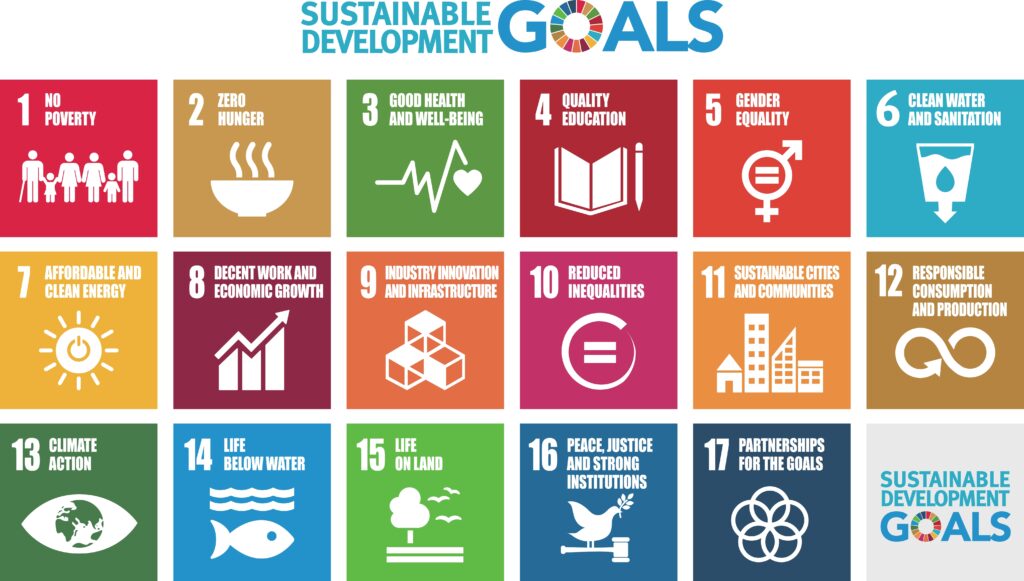
The construction industry in Ireland has shown remarkable resilience despite the challenges it has faced, such as the Covid-19 pandemic and geopolitical issues. However, there are several pressing challenges that need to be addressed.
One of the major challenges is the availability of skilled resources. The industry is striving to evolve by embracing offsite manufacturing and other modern construction methods. Additionally, inflation and interest rates are putting pressure on the market, making it difficult to make large-scale construction projects financially viable. This is particularly evident in the residential sector, exacerbating the ongoing housing crisis.
Moreover, legislation and regulation in the planning process have become significant obstacles, causing delays in project delivery and impacting the industry’s reputation. These delays not only affect project viability but also discourage foreign direct investment (FDI) and hinder economic growth.
To address these challenges and pave the way for a more efficient and sustainable future, there is an urgent need for the industry to embrace digitalisation. By adopting new technologies and innovative digital tools, construction companies can revolutionise their processes and unlock a wide range of benefits.
The Transformative Impact of Digital Technologies
Digitalisation has already had a transformative impact on the construction industry worldwide. By embracing new technologies and digital tools, construction projects can be planned, designed, built, and managed more efficiently and effectively.
Increased Efficiency in Planning and Design
Digitalisation has revolutionised the planning and design phases of construction projects. Advanced 3D modeling and building simulation tools enable professionals to visualise and anticipate potential risks before the construction process begins. This level of accuracy and foresight leads to better decision-making and improved project outcomes.
Moreover, technologies like geographic information systems (GIS) allow for more effective analysis of field data, resulting in better project planning and execution. Computer-aided design (CAD) software empowers architects and designers to create detailed and easily adjustable designs tailored to the specific requirements of each project.
Enhancing Safety on Construction Sites
Safety is a paramount concern in the construction industry, and digitalisation has played a crucial role in improving safety standards. Drones, for instance, are utilised for inspections and risk assessments in hard-to-reach areas, reducing the need for workers to physically access dangerous locations.
Wearable devices, such as smart glasses, provide real-time information and safety instructions to workers, minimising the risk of accidents. Furthermore, digital algorithms can simulate potential hazards and guide decision-making in the construction process, further enhancing safety measures.
Reducing Costs and Construction Time
Digitalisation has also brought about significant cost and time savings in construction projects. By utilising digital planning and design tools, project teams can identify and resolve issues before construction work begins, minimising costly errors and delays.
Automation has played a vital role in reducing costs and construction time. Many routine tasks can now be automated, streamlining the construction process and ensuring greater efficiency. Additionally, the use of big data technology enables the effective management and analysis of large volumes of data, resulting in better risk mitigation and improved economic margins.
Embracing Sustainability in Construction
One of the most significant benefits of digitalisation in the construction industry is its potential to promote sustainability. By accurately measuring and predicting the materials needed for each project, digital technologies can significantly reduce waste. Traditional construction methods often result in a staggering 35% material waste, which can be prevented through digital planning and resource management.
This more sustainable approach to construction not only benefits the environment but also contributes to better budget management. A circular process, enabled by digitalisation, ensures that resources are utilised efficiently, reducing the industry’s environmental footprint and improving its economic viability.
WrxFlo offers innovative software solutions tailored to the specific needs of the construction industry. WrxFlo software solutions enable seamless collaboration and communication among project stakeholders, facilitating efficient workflow management. With the WrxFlo platform, professionals can leverage the power of data to improve planning, design, and project execution, ultimately leading to better outcomes and increased productivity.
To see how WrxFlo can help you elevate your digital journey, contact us today and Request a Demo here.




